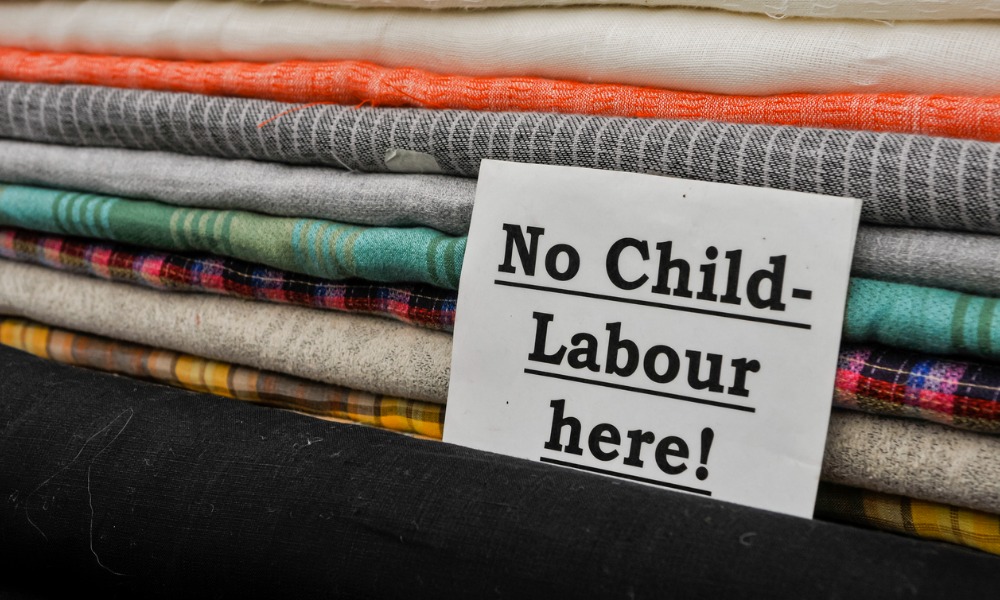
New register to be among the 'strongest reporting systems' on modern slavery globally

In its effort to stamp out modern slavery, the New Zealand government will mandate organisations to be transparent on their operations and supply chains in a new public register.
The register is part of upcoming legislation that is currently being drafted and is expected to take around six months.
"We're taking action to address modern slavery and eliminate exploitation in our supply chains. It's vital we bring modern slavery practices out of the shadows and into the daylight so we can ensure workers are safe and treated with dignity," said Workplace Relations and Safety Minister Carmel Sepuloni in a statement.
Under the proposal, organisations with over $20 million in revenue will be required to report and outline the actions they take to address exploitation in their operations and supply chains.
"Our focus on larger organisations strikes an appropriate balance, by encouraging those most able to influence their more extensive supply chains, and not overburdening small businesses," Sepuloni said.
System to tackle modern slavery
The legislation follows consultation held last year that saw businesses calling for action to clamp down modern slavery.
"We already know some businesses are ensuring they don't have modern slavery in their supply chains, and this will help level the playing field," the minister said.
According to the government, the register will be among the "world's strongest reporting systems for tackling modern slavery." It is also aligned with its commitment by the United Kingdom and European Union in preventing modern slavery in supply chains and promoting responsible business conduct.
"It's important we continue to bolster New Zealand's transparent and ethical reputation within our export markets and on the global stage. Now, more than ever, is the time to put steps into place to prevent these horrible practices from occurring," Sepuloni said.
Bringing modern slavery to light
There are over 50 million people under modern slavery on any given day, according to the International Labour Organisation and Walk Free.
In New Zealand, Walk Free's Global Slavery Index estimated that there are 8,000 or 1.6 per thousand individuals living in modern slavery.
World Vision also estimated that Kiwi households pay an average of $34 each week to industries whose products are implicated in modern slavery.
Rob Fyfe, chair of the Modern Slavery Leadership Advisory Group, said consumers are starting to demand transparency on the products they buy.
"The challenge consumers currently have, is that there is no easy way to find out what's going on in the supply chains. There is no way to know what went into making the clothes they're wearing. This reporting system will help bring this information to the fore," Fyfe said.
'Due diligence' required, says group
Meanwhile, FIRST Union welcomed the "concrete action" outlined by the government to "clean up" the country's supply chains.
However, it called for the inclusion of "due diligence" in the legislation. This is the idea that employers must proactively investigate various aspects of their supply chains.
"Due diligence would truly stop businesses from turning a blind eye, because under the proposed system, a company could simply 'not discover' an instance of exploitation in their supply chain, for example, and therefore not need to report it," said Dennis Maga, FIRST Union General Secretary, in a statement.
Sepuloni acknowledged that due diligence, among others, are still components from the consultation that needs to be brought forward in the proposal.
"Broader reform to progress the other more complex components that were consulted upon remains a priority for this government, including 'due diligence' and 'take action' responsibilities. I am committed to progressing this work for future decisions," the minister said.